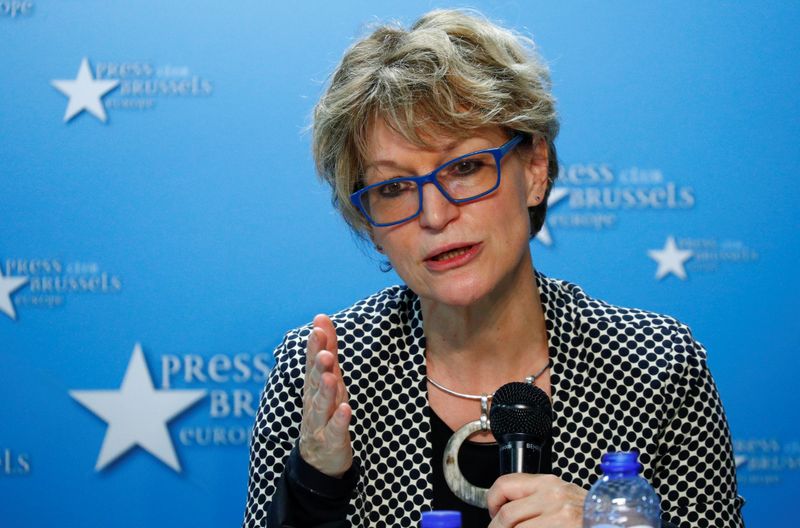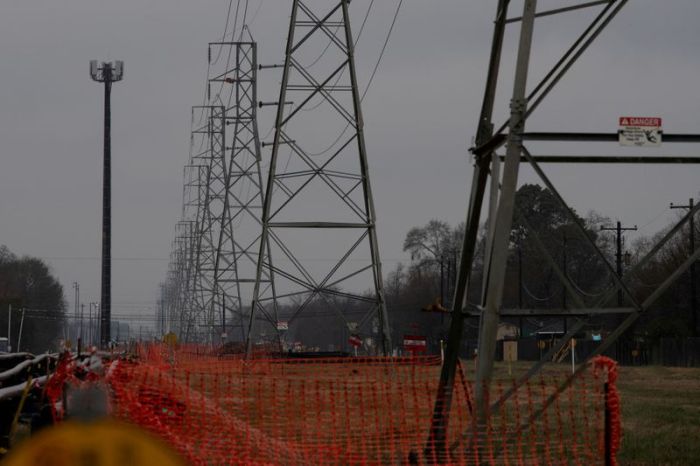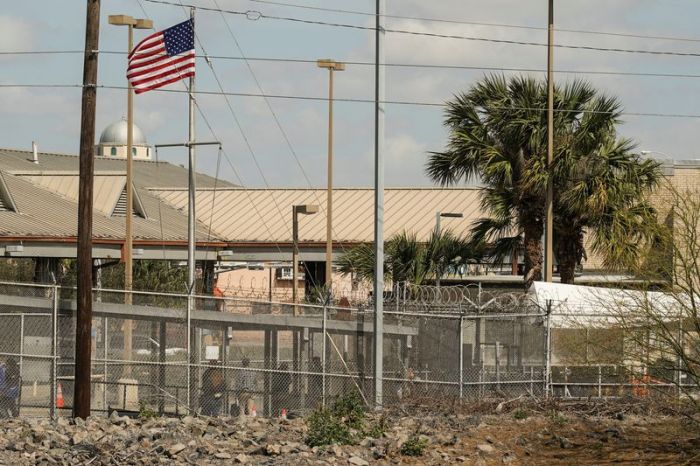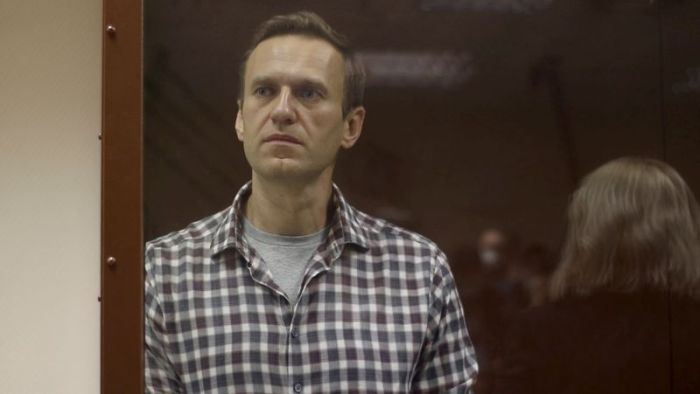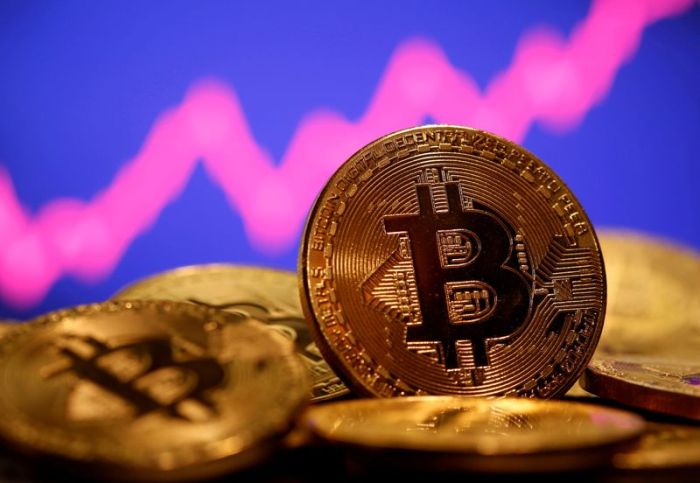GENEVA (Reuters) – A U.N. human rights investigator said on Monday that it was “extremely dangerous” for the United States to have named Saudi Arabia’s de facto ruler as having approved an operation to capture or kill journalist Jamal Khashoggi but not to have taken action against him.
Agnes Callamard, special rapporteur on summary executions who led a U.N. investigation into Khashoggi’s 2018 murder, reiterated her call for sanctions targeting Crown Prince Mohammed bin Salman’s assets and his international engagements.
He approved an operation to capture or kill Khashoggi, according to a declassified U.S. intelligence released on Friday as the United States imposed sanctions on some of those involved but spared the crown prince himself in an effort to preserve relations with the kingdom.
Callamard told a Geneva news conference that what had been declassified from the report “appears to be very little indeed and that’s disappointing” and she would have expected more material evidence to have been released.
“It is extremely problematic, in my view, if not dangerous, to acknowledge someone’s culpability and then to tell that someone ‘but we won’t do anything, please proceed as if have we have said nothing’,” she said. “That to me is an extremely dangerous move on the part of the USA.”
White House spokeswoman Jen Psaki said on Monday that the United States reserves the right to sanction the crown prince in the future if necessary.
“Of course we reserve the right to take any action at a time and manner of our choosing,” Psaki told reporters, adding that “Historically, the United States through Democratic and Republican presidents has not typically sanctioned government leaders of countries where we have diplomatic relations.”
U.S. President Joe Biden on Saturday said his administration would make an announcement on Saudi Arabia on Monday, but a White House official suggested no significant new steps were expected.
“There are many things that the U.S. government can do. The one thing it cannot do – it cannot do – is to be silent and take no action on their findings,” Callamard said.
(Reporting by Stephanie Nebehay; additional reporting by Jonathan Landay in Washington. Editing by Giles Elgood and Alistair Bell)

